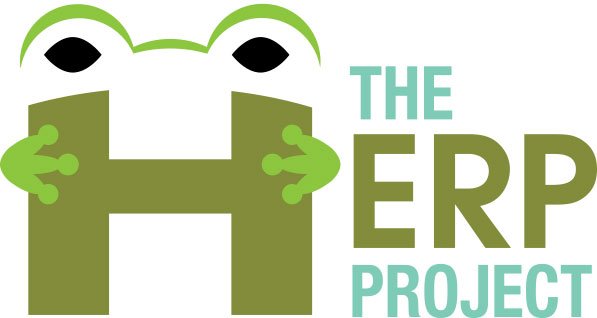The HERP Project likes these websites!
If there are other websites that you think The HERP Project should like the please email us at theherpproject@uncg.edu!
This site is a forum for the seventh grade Maryland Amphibian & Reptile Atlas (MARA) project. Photographs, audio and video recordings, and written accounts of reptile and amphibian observations and ideas for their conservation are provided.
The primary objective of the Carolina Herp Atlas is to provide detailed data on the distribution of reptiles and amphibians of North and South Carolina.
This website is intended to provide information to the public about the project and to enlist the help of citizens in providing information to scientists about box turtles in the Carolinas.
Collaborative website for Box Turtle project leaders with data sheets and additional information for project leaders.
NC Calling Amphibian Survey Program
Follow pre-plotted routes and pause at designated stops to listen for and record amphibian calls.
Provides an overview of their collection (preserved specimens) and their ongoing research projects. There is also a free checklist of NC reptiles and amphibians on their website. Additionally, the NC Museum of Natural Sciences hosts an annual Reptile & Amphibian Day that hosts hundreds of presenters and as many as 16,000 attendees.
Neighborhood Box Turtle project
NC Museum of Natural Science’s citizen sciprogram.
This website highlights the Bog Turtle and is dedicated to the conservation and protection of the Bog Turtle and its habitat in the Southeastern USA
Monitor box turtles, birds, weather and aquatic macro-invertebrates at this 38-acre ecostation near Raleigh. Citizen Science FrogWatch USA day, 7 p.m. April 9.
This herpetological research experience for high school students, supported by a grant from the Burroughs Welcome foundation, ran for four years and predated The HERP Project.
